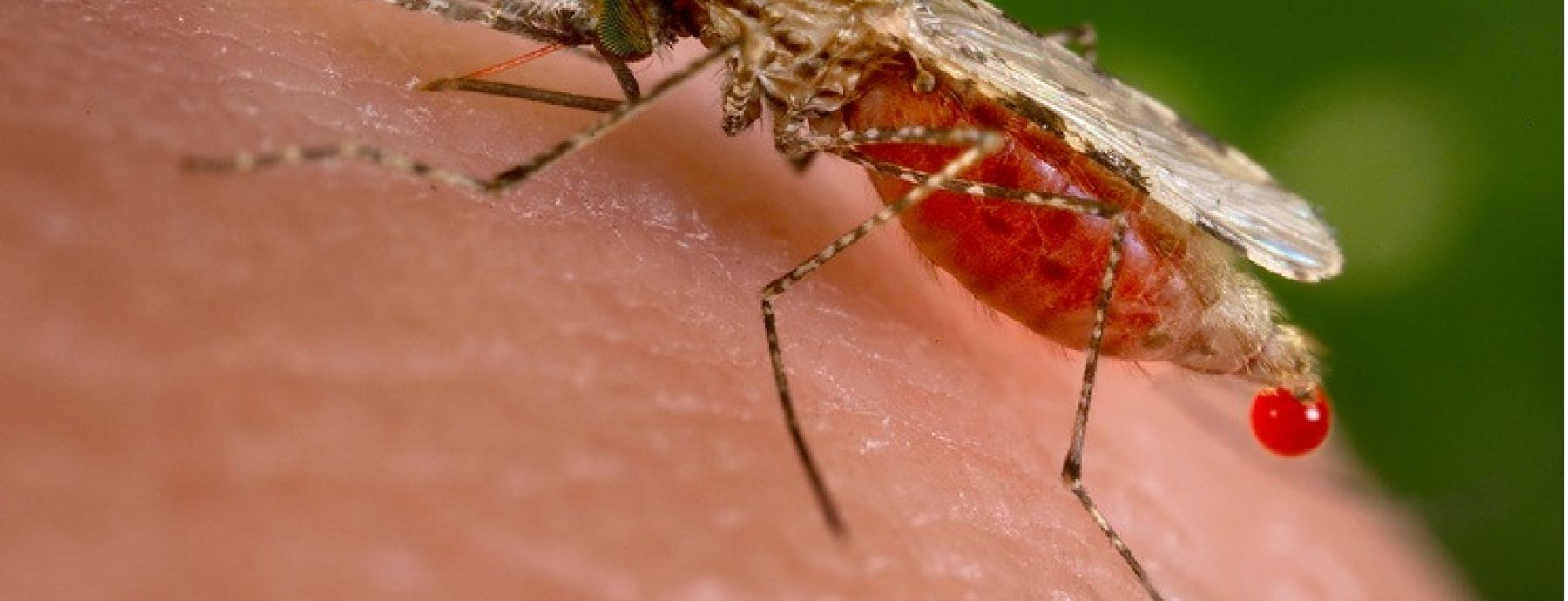This winter, the on-going Zika epidemic made big headlines. Zika is a virus transmitted by the Aedes aegypti mosquito. Most Zika infections appear to be asymptomatic or mild, but the possible link of Zika infection in pregnant women to birth defects has lead to allot of publicity. We suddenly find ourselves in a race against time to develop a good vaccine or implement effective control measures before more babies are harmed. A number of countries in South and Central America have responded by discouraging pregnancy -- something that is controversial because of the lack of reproductive rights for women in these nations.
The CDC supplies basic information about Zika. What's interesting is that Zika may be one of the unusual cases where the obvious response is not the best. Our gut reaction when we hear about a new epidemic is to stop it, the sooner the better and by whatever means we can. However, the virulence effects of Zika appear to be heterogeneous and these heterogeneities can have consequences that are the opposite of our natural instincts.
There is a concept in veterinary science called "endemic stablity" -- perhaps it would be better to call it "endemic advantage". In the classic situation, an animal who get's sick while young suffers mild consequences, while an animal that get's sick when old suffers serious morbidity or mortality. Thus, while it's not good to get sick, it's better to get sick sooner than later. As a consequence, its sometimes better to maximize transmission, rather than minimize transmission. This holds whether it's a central planner making a decision or individuals making choices for themselves (1, 2, 3). This same argument also applies rubella, which is generally mild but can cause complications in pregnant women. Women who get rubella while they are young and immune for the rest of their lives are better off than women who might not get rubella until they reach child-bearing age.
Zika may fall into the same category as rubella. Zika's symptoms appear to usually be mild or absent and the evidence suggests that Zika infection induces long-term immunity against re-infection in the future. So maximizing Zika transmission might lead to young women begin immune by the time they reach child-baring age, thus mitigating the worst potential effects. In addition, this would be something that could empower individuals, and not rely on government intervention -- it's a choice everybody can make for themselves.
Of course, there's lots of uncertainty currently about Zika, and new facts are always changing our assessments. If Zika infection persists in the body for an extended period of time after exposure, for example, the benefits of early infection would diminish. And if Zika causes it's own serious morbidity like Guillain-Barre syndrome, postponing infection may in fact be better than advancing it. From a public policy perspective, the demographic pyramic of a nation can have important implications, because of differences in the number of women entering and leaving reproductive ages. Further, since the mosquitoe vector that seems to be responsible for most of the transmission of Zika is also the vector for Dengue fever and Yellow fever, maximizing Zika transmission may have knock-on negative conseequences if implemented poorly.
We have much to learn still, but we should probably keep an open mind about the best control strategies in the short, medium, and long terms.
(originally posted 2016-02-16)